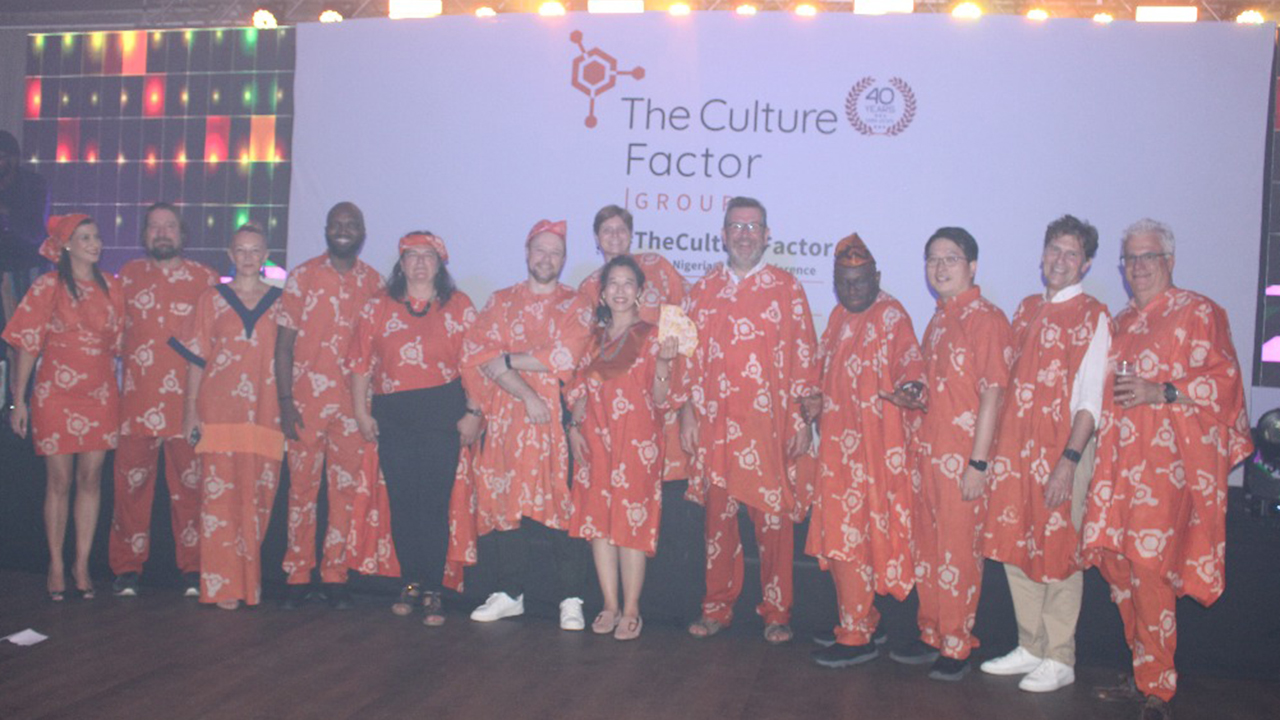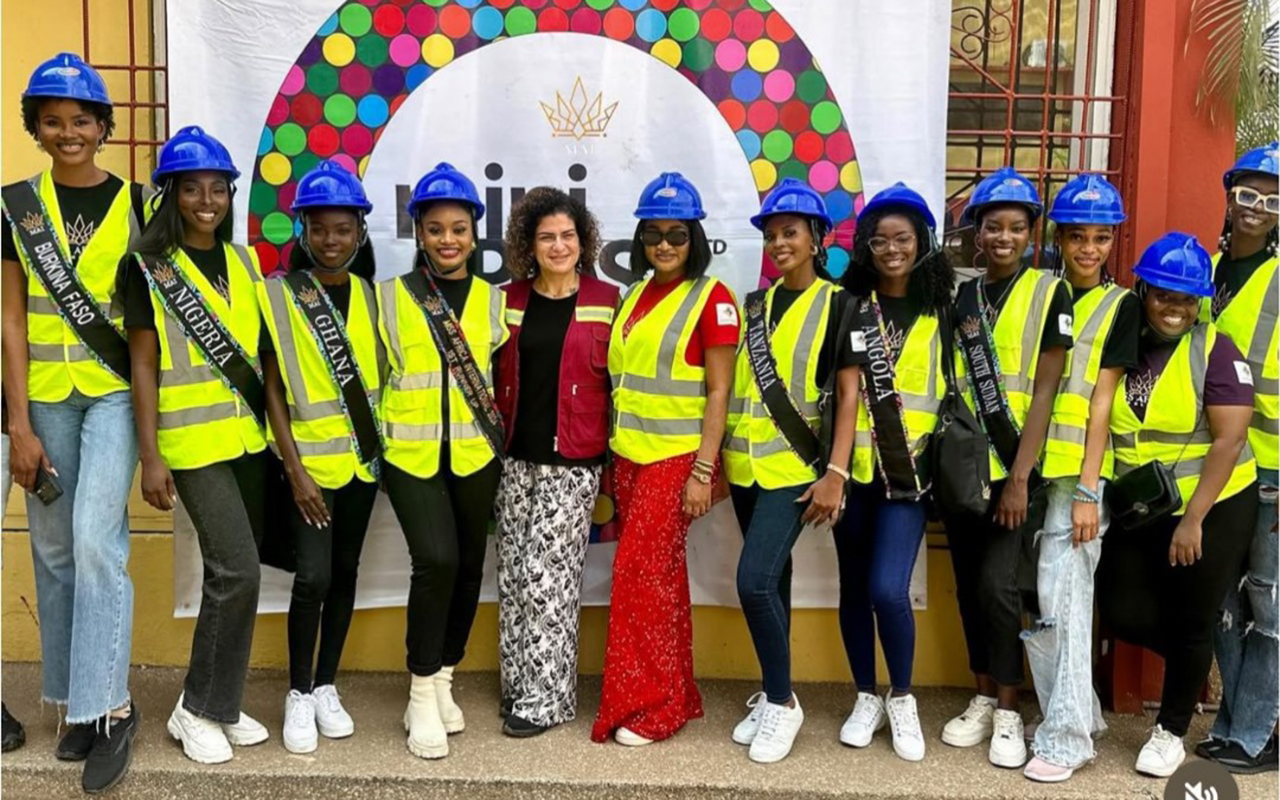Experts have stressed that culture remains a central driver of innovation, trade expansion and global competitiveness. They made this observation at the Culture Factor 2025 Conference organised by The Culture Factor Group in Lagos, with the theme “Culture and Technology: Blueprints for Future-Ready Organisations.”
Minister of Industry, Trade and Investment, Dr. Jumoke Oduwole, represented by her Special Adviser and National Coordinator of the National Talent Export Programme, Mrs. Teju Abisoye, said global competition is now shaped as much by national values as by productive capacity. She noted that Nigeria’s diversification strategy is increasingly anchored on creativity and innovation, adding that non-oil exports have grown by over 21 per cent, driven by technology, manufacturing, agriculture and digital services.
Oduwole announced the development of a unified national framework for protecting and commercialising intellectual property to position Nigeria as a regional IP hub. She highlighted the global influence of Nollywood, Afrobeats, fashion and cuisine, describing the cultural sector as a powerful economic engine. “The National Theatre is not just a building; it is an export factory,” she said.
She described African Continental Free Trade Area (AfCFTA) as a marketplace of 1.4 billion people, adding: “The future of trade will belong to those who see culture not as a barrier, but as a bridge.”
CBN Governor, Olayemi Cardoso, represented by acting Director of Human Resource Management, Damina Makut, said organisational culture must be treated as a strategic asset.
He explained that without the right cultural foundation, even advanced systems fail. Makut said the CBN has implemented reforms to strengthen values such as integrity, innovation, collaboration and accountability, while modernising data systems and expanding automation to support higher-value work.
Managing partner of the Culture Factor Africa and the vice-president for the Culture Factor in Canada, Dr. Okechukwu Okere said Nigeria still faces hurdles in workplace technology adoption, including poor power supply, high costs and expensive data. Despite this, he noted rapid uptake of digital tools, especially among youth, with Nigeria ranking high in communication technology use such as AI.
He said the conference examined how culture shapes tech adoption and how technology is redefining work, relationships and society. Global CEO of The Culture Factor Group, Egbert Schram, warned that neglecting human dynamics could undermine AI adoption. He said culture remains the engine of organisational movement, urging leaders to consciously shape behaviours as technology evolves.






